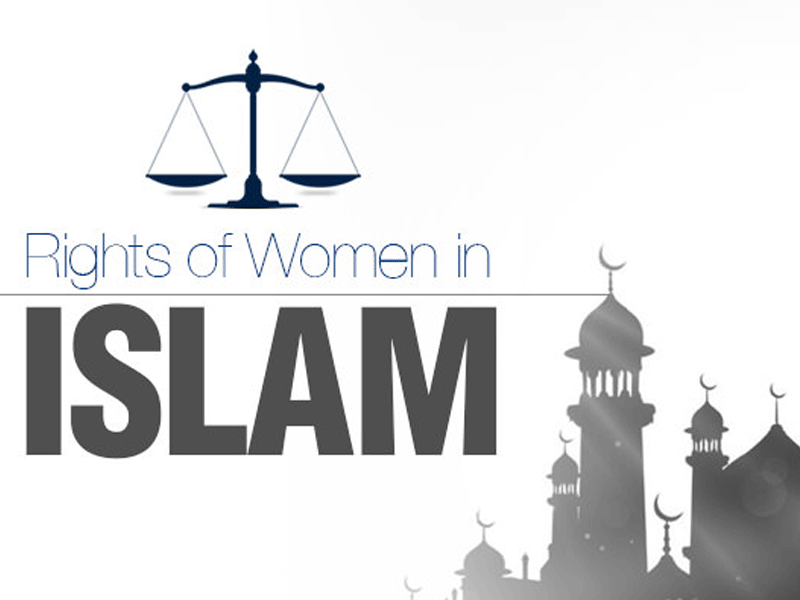Rights of girls in Islam after marriage: A balanced perspective

- 204
- 0
Introduction
Marriage is considered a sacred institution in Islam, emphasizing the importance of fostering strong, equitable relationships between spouses. While discussions often focus on the rights and responsibilities of husbands and wives, it is equally essential to shed light on the rights of girls after marriage in Islam. Islam has prescribed a framework that upholds the dignity and rights of women in married life, emphasizing mutual respect, cooperation, and shared responsibilities.
The Right to Consent
One of the fundamental principles of Islamic marriage is that it should be based on mutual consent. A girl in Islam has the right to accept or reject a marriage proposal. No one should force her into a marriage she does not wish to enter. The Quran states, "And do not compel your slave-girls to prostitution if they desire chastity, to seek [thereby] the temporary interests of worldly life" (Quran 24:33). This verse underscores the importance of respecting a girl's decision regarding marriage.
Financial Rights
Girls in Islam have the right to financial security and support from their husbands. Upon marriage, it is the husband's responsibility to provide for his wife's financial needs, including housing, clothing, and food. This concept is encapsulated in the Quran, which states, "But the father of the child shall bear the cost of the mother's food and clothing on a reasonable basis" (Quran 2:233). This ensures that a girl's financial well-being is safeguarded after marriage.
Emotional and Physical Well-being
Islam places great emphasis on the emotional and physical well-being of girls after marriage. Husbands are instructed to treat their wives with kindness and respect. The Prophet Muhammad (peace be upon him) said, "The best among you is the one who is the best to his wife." This highlights the importance of a loving and respectful relationship between spouses, where a girl feels valued and cherished.
The Right to Education and Personal Development
Islam encourages the education and personal development of girls even after marriage. The Prophet Muhammad (peace be upon him) said, "Seeking knowledge is mandatory for every Muslim." This includes women, who are encouraged to pursue education and personal growth throughout their lives. A supportive husband should facilitate his wife's educational pursuits and personal development.
The Right to Inheritance
Islamic law also grants girls the right to inherit from their deceased parents and relatives. This inheritance is a form of financial security and independence for married women. The Quran outlines clear rules regarding inheritance, ensuring that girls receive their rightful share. This right prevents financial vulnerability and ensures that a girl's economic well-being is protected.
The Right to Maintain Her Identity and Religion
Marriage should not require a girl to forsake her identity or religious beliefs. In Islam, girls have the right to maintain their individuality, including their names, cultural practices, and religious observance. No one should coerce them into changing their beliefs or lifestyle choices.
The Right to Mutual Respect and Consultation
Islam promotes the idea of mutual consultation and decision-making in marriage. Husbands and wives should consult and mutually agree on important matters, respecting each other's opinions and feelings. This ensures that a girl's voice is heard and that her input is valued in family decisions.
Conclusion
Islam places a strong emphasis on the rights of girls in marriage, emphasizing respect, dignity, and mutual support within the marital relationship. These rights, which include the right to consent, financial security, emotional and physical well-being, education, inheritance, maintaining one's identity and religion, and mutual respect, are essential to creating a harmonious and just marital environment. It is essential to recognize and uphold these rights, as they are integral to the principles of justice, equity, and compassion that underlie Islamic teachings.
Published in The Daily National Courier, October, 09 2023
Like Business on Facebook, follow @DailyNCourier on Twitter to stay informed and join in the conversation.

















































